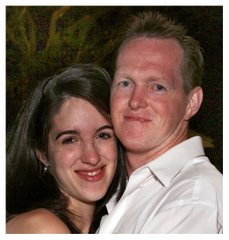Three hours were allotted to each exam: I used two and a half hours for accounting and two hours for economics. More than 70 percent of the class was still around when I left submitted my exam and I learned that the professor allowed an additional 10 minutes and still needed to collect incomplete finals from some students.
The accounting final was the most comprehensive exam I have ever taken. We were handed two booklets: a 16 page exam and a 20 page financial statement packet. We covered everything we discussed in class:
- the Balance Sheet;
- the Income Statement (Statement of Operations);
- the Cash Flow Statement;
- Ratio Analysis; and
- Revenue Recognition.
And while the inclination for many of us when we start relating exam war stories is to complain about how much of a beating they are, I thoroughly enjoyed the process. I find myself falling into the True Believer mentality that over exagerates exasperation with being aggressively tested; I enjoyed the thorough exercise. I feel confident that I can create said financial statements and provide intuitive insightful analysis of a firm's activity. And that's what I'm paying for in my program.
The economics exam was challenging, but not as comprehensive. This was due to extenuating circumstances with our professor. The difference between this exam and undergraduate economics exam is the format. Undergraduate economics exams focus more on the principles from a vacuum perspective: in a perfectly competitive or pure monopoly market, what happens to the "fill in the blank" curve when "X" happens? The questions on this exam were a little more abstract and derived from real world examples. This exam stretched me to think in realistic terms, not just theoretical.
My first module is behind me. I already have prep work assigned for my next two classes. I am currently on Spring Break in Colorado and I'm somewhat anxious to get back to the grind. I will probably end up blogging about how to disassociate during these break times. But not now.
